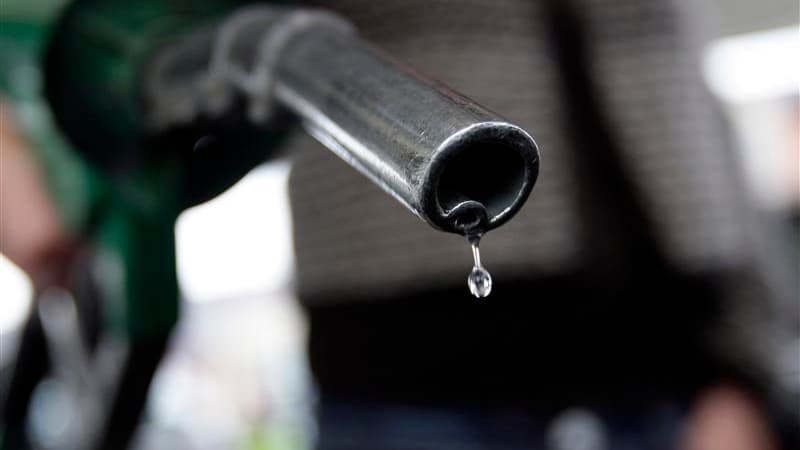How many euros will the different fuel taxes contribute in 2022? Bercy has just delivered some figures that allow us to answer precisely this question. And also remember that contrary to what we have heard a lot in recent months, the discounts that the State grants to the pump are not subsidies, at least in the strict sense of the term. The income generated in the year by the taxes that weigh on fuels collect much more than the different bonuses granted by the executive since April.
By 2022, Bercy experts count on 41.5 billion euros in taxes related to fuel purchases at French service stations. While at the same time it will have disbursed 7.6 billion and a half under discounts of 18 cents, then 30 cents and then 10 cents per liter.
17,000 million euros are not allocated to the state budget
It is, therefore, rather a loss of profit for the State… And it is important to specify a deficit FOR THE STATE. Because the taxes that weigh on fuels do not all end up in their coffers. About 40% are allocated to municipalities, departments, regions and social security. Actually, this year the State will be left with just under 25,000 million euros.
In addition, the rise in fuel prices has not only pushed the State to grant discounts, but has also meant more taxes. And specifically, plus VAT, a tax that, by its nature, is based on the sale price of gasoline and diesel.
On the other hand, the rise in prices cannot play with the increase in revenue generated by the other tax on fuels, the TICPE (tax on the internal consumption of energy products). The latter only depends on the number of liters you put in the tank and not on the price of your tank.
A surplus of 2,000 million euros linked to the rise in prices
However, in the end, the gain will be far from compensating the cost for the State of the bonuses granted. Bercy estimates that throughout the year, the price increase will have contributed almost 2,000 million additional euros. Knowing, here again, that half of this surplus will go directly to the coffers of the regions and to social security.
In all cases, motorists appear as taxpayers who contribute significantly more than those who do not have a car. However, this is not a French specificity. The same goes for our neighbors. Because fuel taxes have two virtues. First, it is an easily entered tax with very limited risk of fraud. So, it is a mandatory tax that aims to offset the effects of car traffic on climate and health based on a simple principle: the more you drive, the more you pay.
And although the income generated is not automatically channeled towards financing State actions that promote the reduction of CO2 emissions, they contribute to it indirectly. In Bercy it is also highlighted that the taxes on fuels that go to the state coffers are far from covering all the money that it dedicates to “green expenses”. In 2023, they should reach, according to the voted budget, almost 40,000 million euros.
Source: BFM TV


